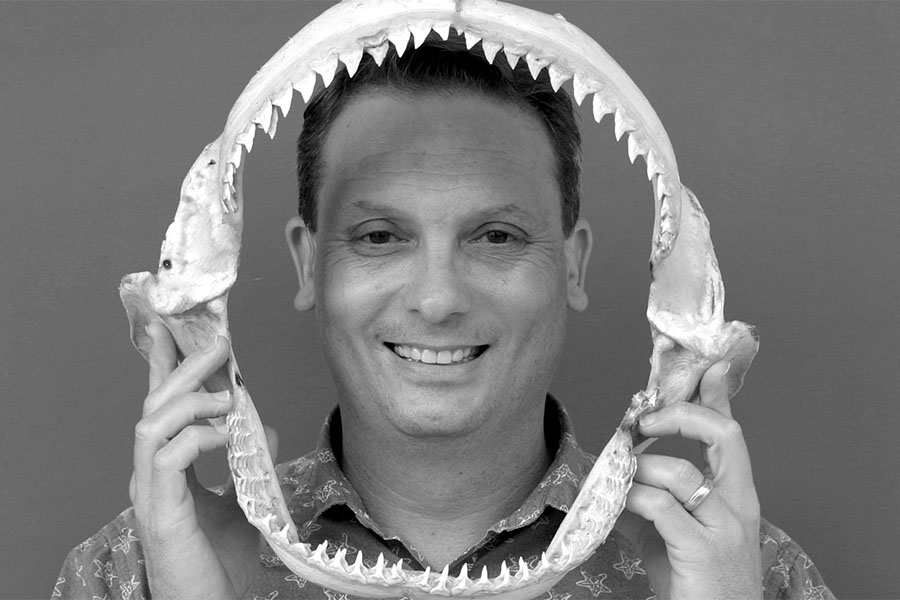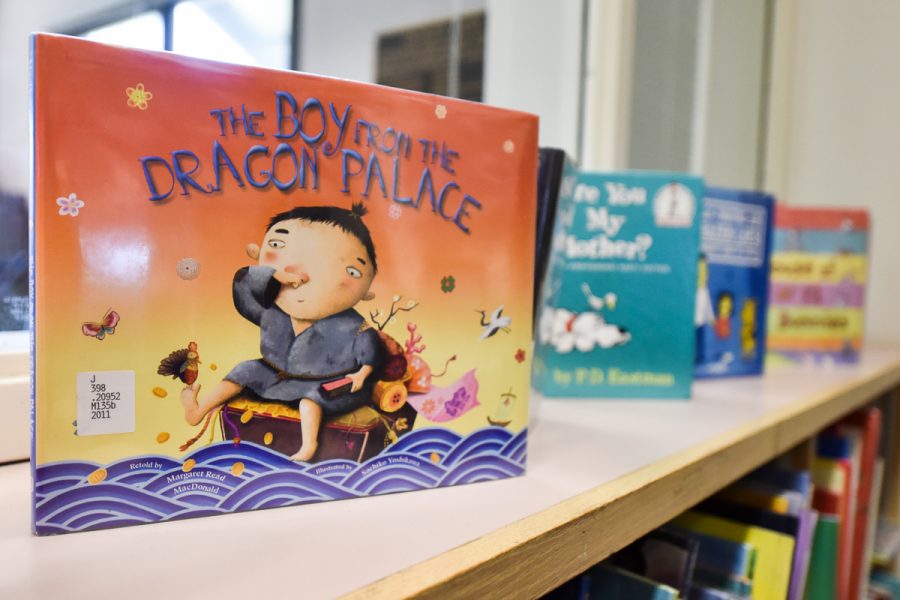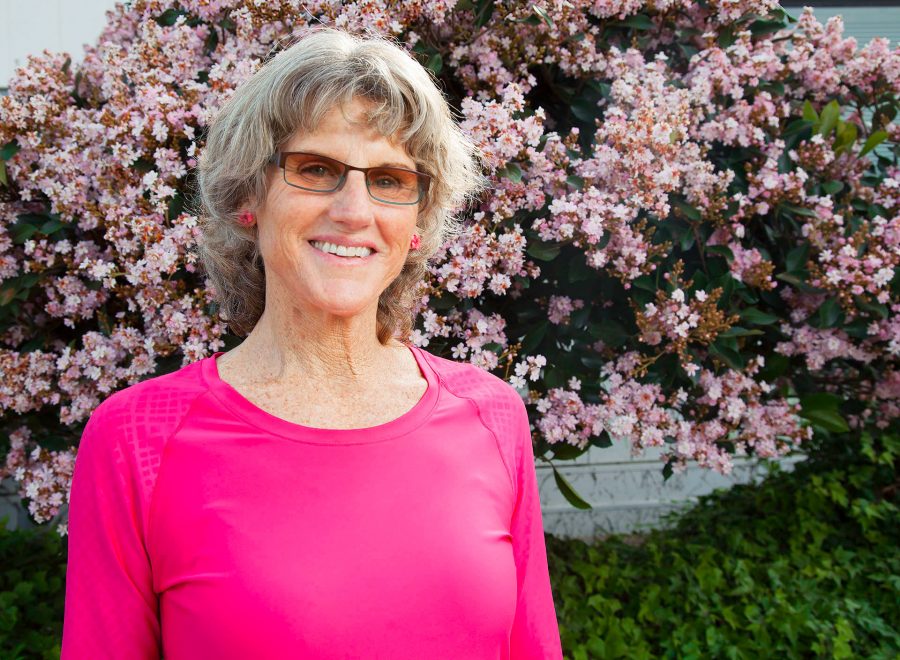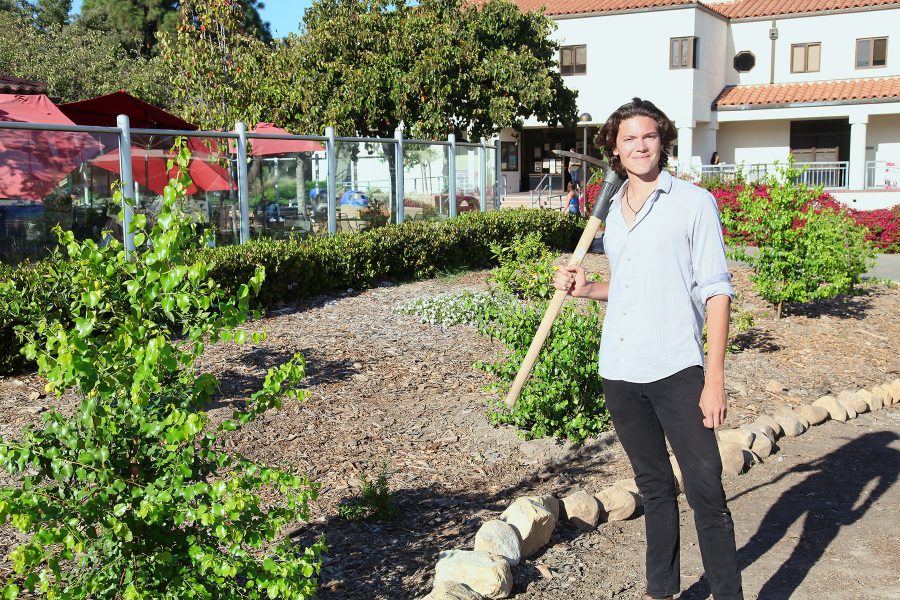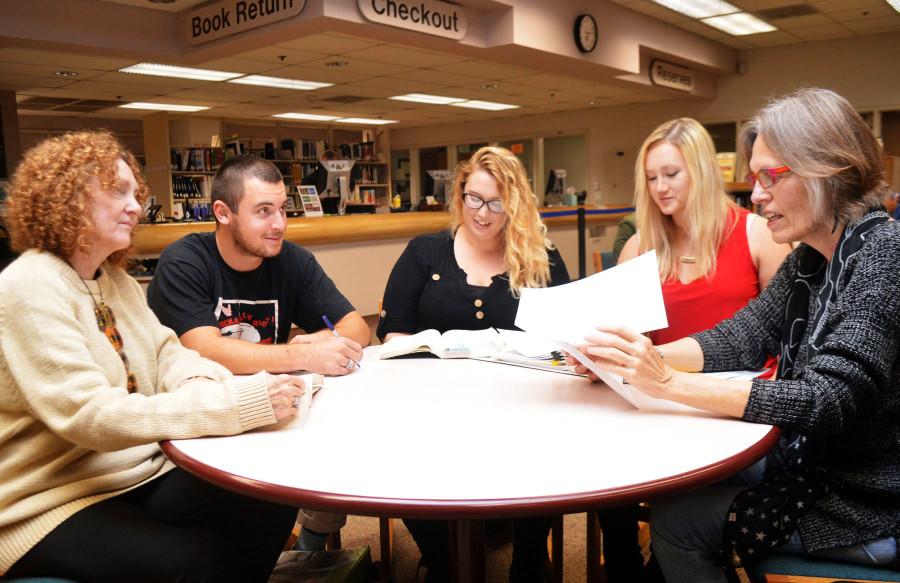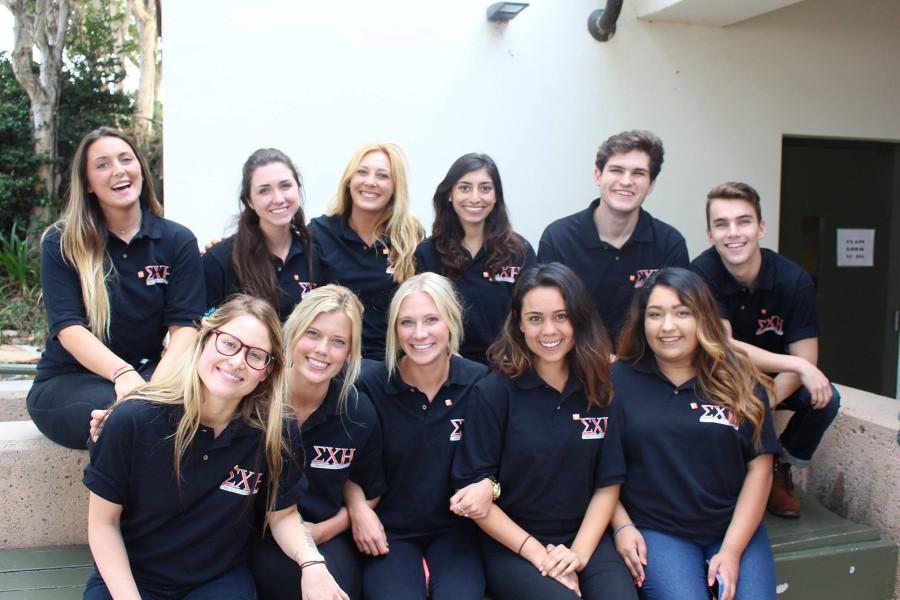One of City College’s most respected professors will tie together biology, evolution and natural disasters in this year’s faculty lecture, “Sex, Drugs and Rock and Roll: Sensations and Rhythms of Life.”
“Sexual reproduction is at the heart of this evolution,” said Blake Barron, biological sciences professor.
Barron will be center stage Wednesday, March 12, presenting the college’s 35th Annual Faculty Lecture. Selection of faculty lecturer, according to the college website, is the highest honor an instructor can receive from his peers.
Barron’s talk will give the audience a look into how modern biology’s main focus—molecules—can vary in a variety of ways, but all are connected.
These connections make up the way humans are today.
Barron will shed light on how particular species, even the smallest forms of life, continue to grow and evolve. The lecture will emphasize how life has been in the making for millions of years, and yet still exists after countless tragedies.
Barron said he will start with something that still doesn’t make sense to many biologists—sex.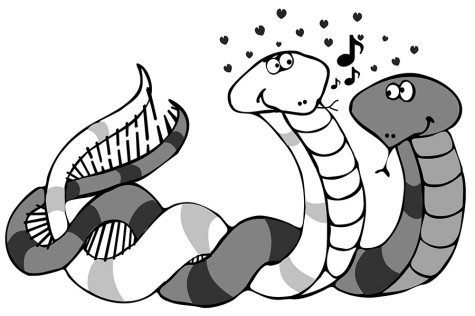
“Why doesn’t it make sense?” he asked. “It’s very costly.
“Reproduction implies you make more; one splits into two. Sex does the opposite, taking two and making one. Every organism on the planet does it. There must be a benefit.”
So what is that benefit?
Sexual reproduction leads to the passing of genes to offspring, which then repeats the cycle.
“The passing of these genes from one generation to the next is key to the common connection between all life forms. Sexual reproduction is at the heart of this evolution,” he said.
“Because proteins have such a strong influence on cell conditions, they are often the targets of drugs. Drugs are specific molecules with precise effects. Our modern understanding of life is based on studies of the vast assortment of the molecules that comprise cells.”
This is not Barron’s first accolade at City College. He was awarded the Faculty Excellence Award in 2011-2012, given to instructors whose dedication to students and fellow faculty is exemplary.
From Boy Scout to biology teacher, Barron said he has always had a knack for “teaching the kids.”
Having instructed 14 different biology classes over 17 years, Barron said his favorite moment in the classroom is “that spark,” when student’s eyes light up.
He can almost see the connections being made in their head. They finally understand, and it’s a little easier, he said.
Barron is chairman of the biological sciences department, part of the Science, Technology, Engineering and Mathematics Transfer Program Faculty Workgroup, and faculty adviser for transferring students in the Biology Club.
“The department is really just a family,” he said. “We all function effectively along side each other, and that’s rare no find anywhere.”
The cohesiveness of the department lends itself to a creative space where new ideas can be shared and discussed. This is where he got some of his inspiration for the lecture, Barron said.
The lecture will be held 2:30 p.m. in City College’s Sports Pavilion.
Coordinators of the free event encourage people to arrive at 1:30 p.m. for an assortment of interactive biological exhibits run by City College students.


